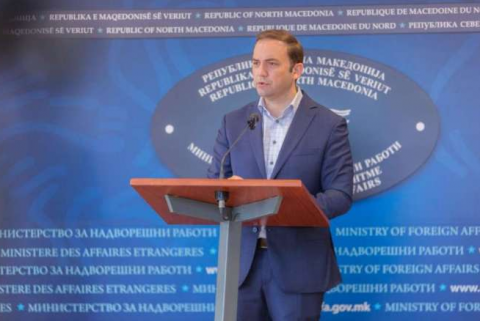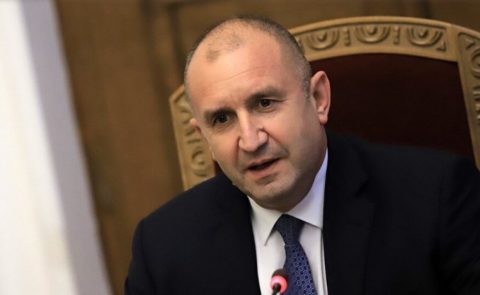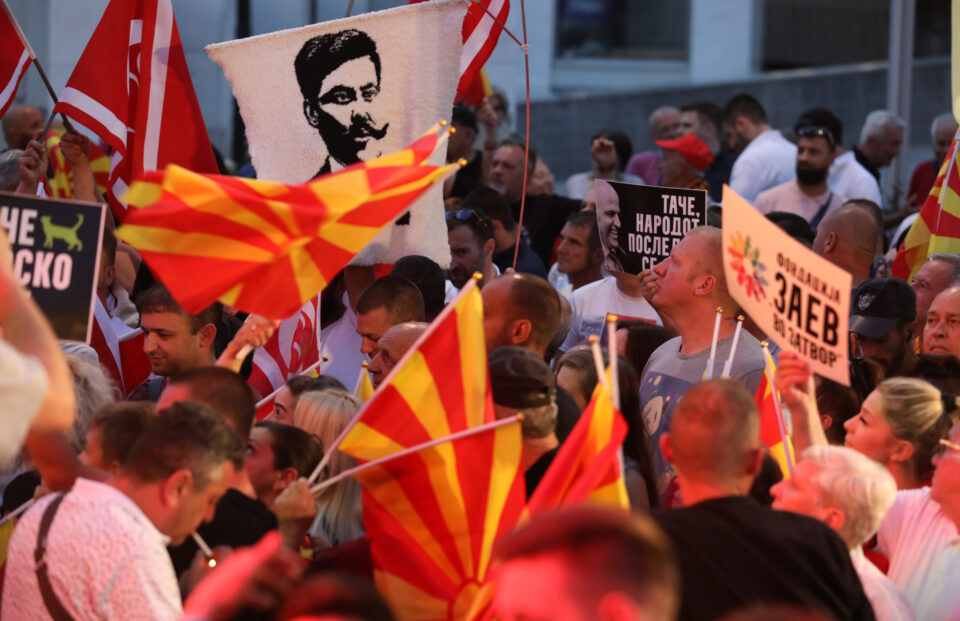The Minister of Foreign Affairs, Bujar Osmani, during last night’s visit to Sitel, tried to give us a brief illustrative history lesson. And not for the general one, but for the “common” one, which is a basic stumbling block in Macedonian-Bulgarian relations, and with the French proposal, it became a common position and a condition for the final start of negotiations for Macedonia’s membership in the European Union.
Unfortunately, his “illustrative part” turned into a mere farce, as it came out as if it came from that famous phrase about “big thoughts from small minds”. And his thoughts are not big, nor is his mind small. Not to mention that he also manifested serious problems with the truth in explaining the role of the joint Macedonian-Bulgarian commission on issues of history and textbooks, while again putting politics in the foreground over science. And what is most tragic, the defeat of the Macedonian side tried to sell it to us as a victory. Because the defeat does not begin with the French proposal, but with the term “common history” contained in the Treaty of Good Neighborhood, Friendship and Cooperation with Bulgaria, which is the basis for all problems. Otherwise, why did Bulgaria not have any problems with good neighborliness until its entry into the EU, there were no problems with Macedonia’s membership in NATO?, analyzes “Pressing TV”.

Bulgaria brought and adopted its strategy for the policy towards the Republic of Macedonia and the Macedonians in 2008, and Osmani, don’t pretend that you don’t know that fact and document. And if he really hasn’t seen it, let him know, and we will present it to him and hand it over to him.
Who does Osmani want to convince that “the role of the joint Macedonian-Bulgarian commission is not to retouch history, it is not to rewrite history or revise it, but to find common points for historical events and persons, which will be a bridge for better understanding and rapprochement between nations, to explain what is common!”

When we were in President Radev’s office, the picture of Goce Delcev was in the highest place in his office, which means that their belief that they have a relationship with Goce Delcev is a reality. We can ignore that there are no problems in historical interpretations, but go to Bulgaria and you will see that they have universities there, cities with the same names, which means that the problem of interpretation is real, let’s see how to put it into operation better mutual cooperation than conflicts, and that is the role of the commission for historical issues, said Osmani.





Comments are closed for this post.